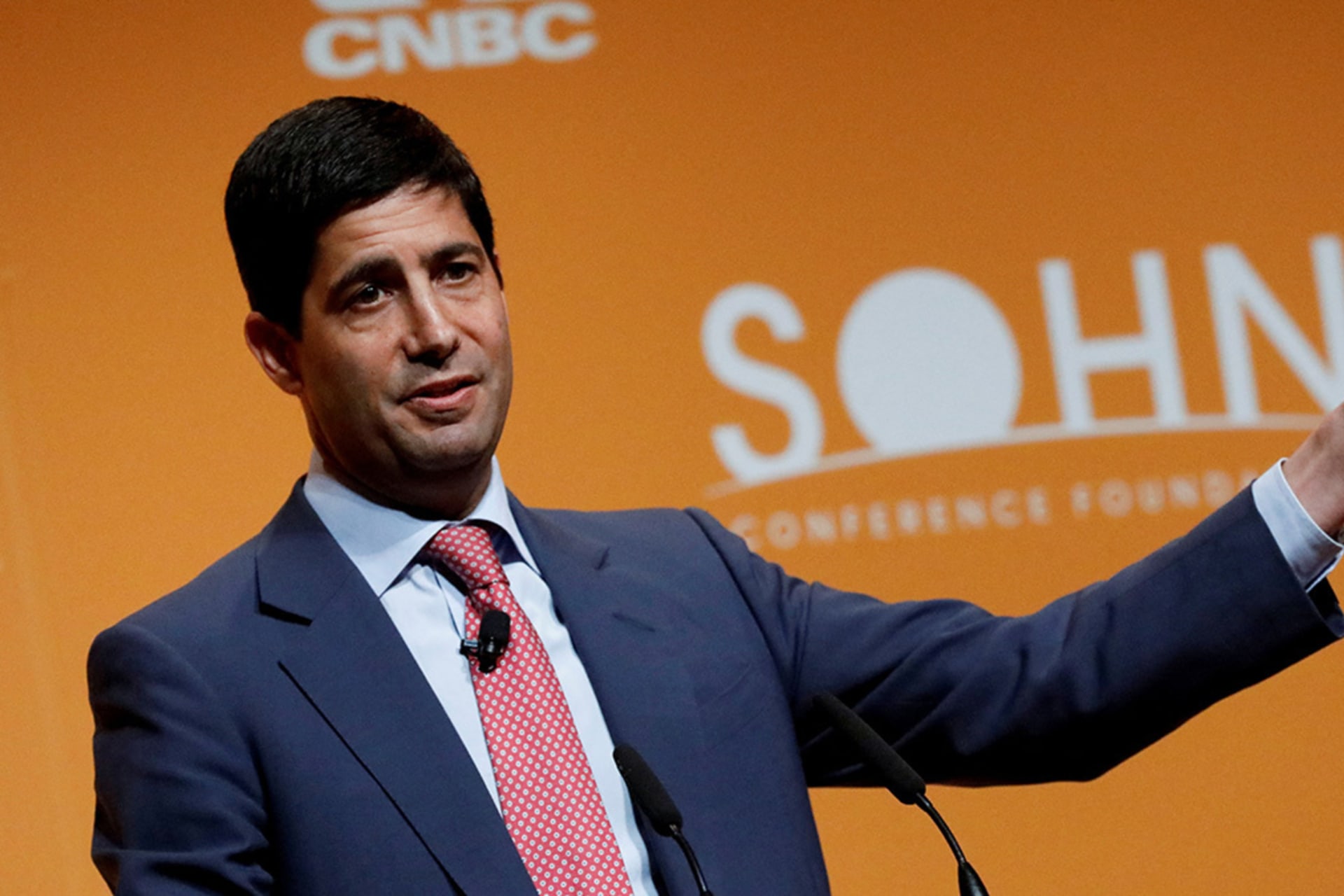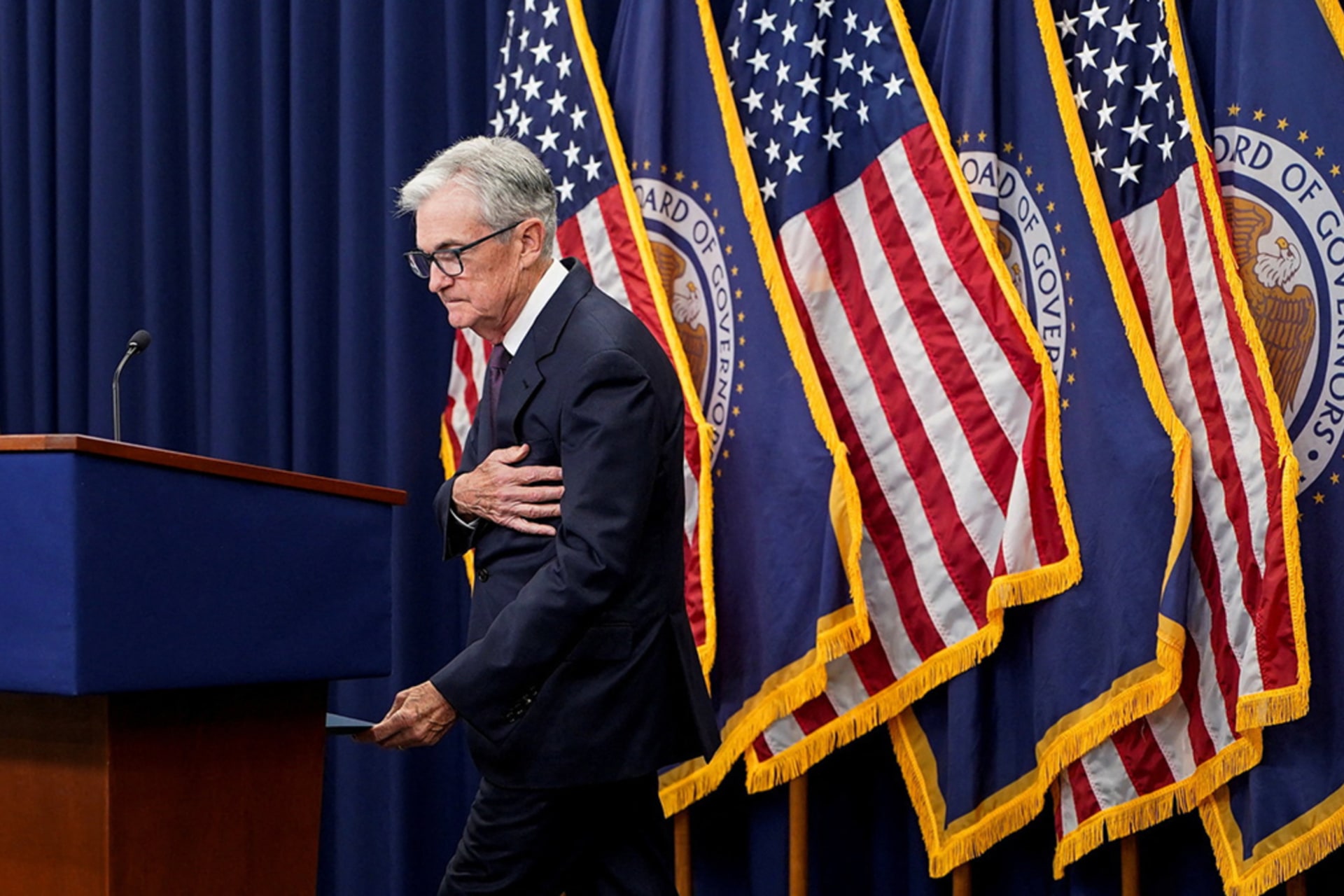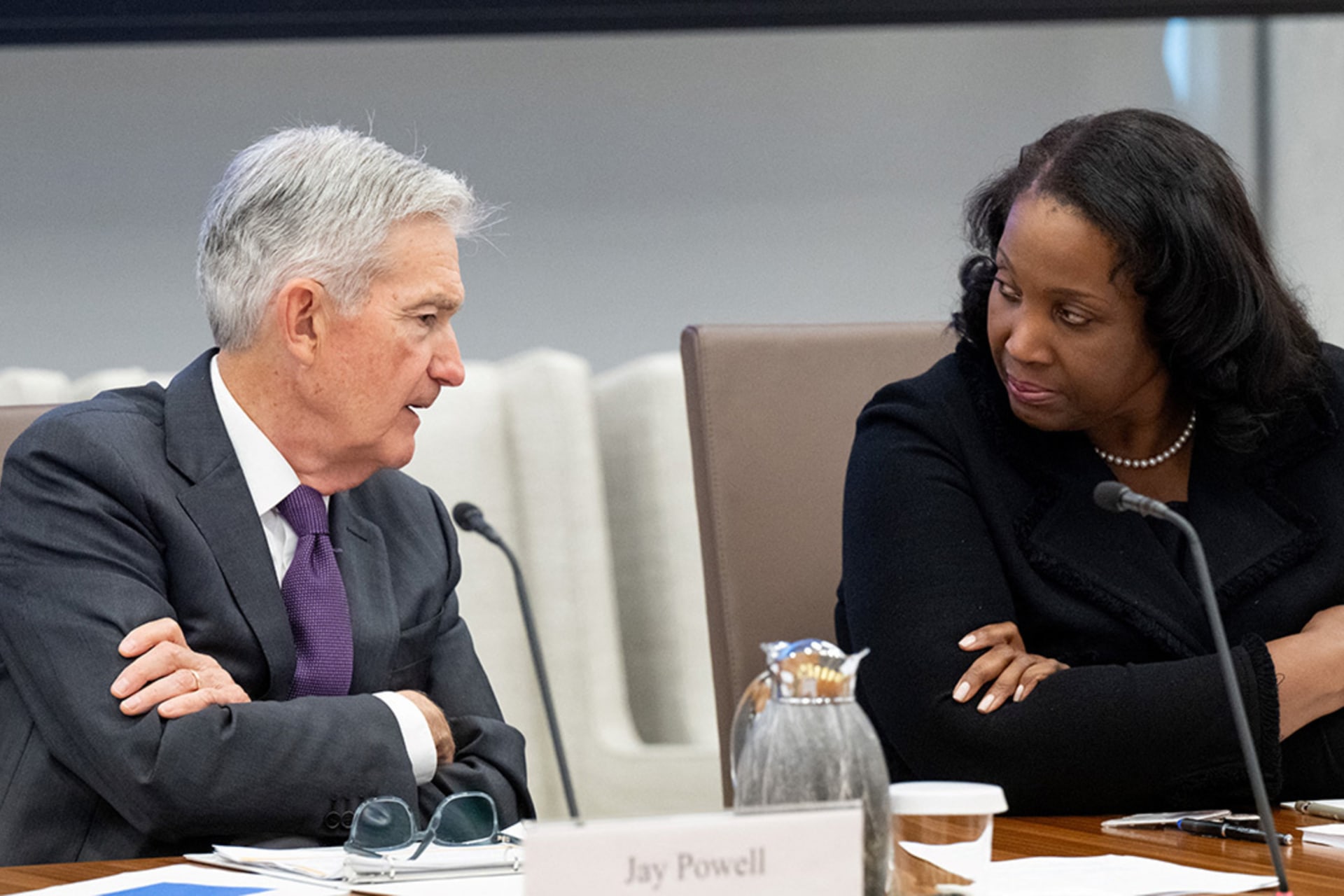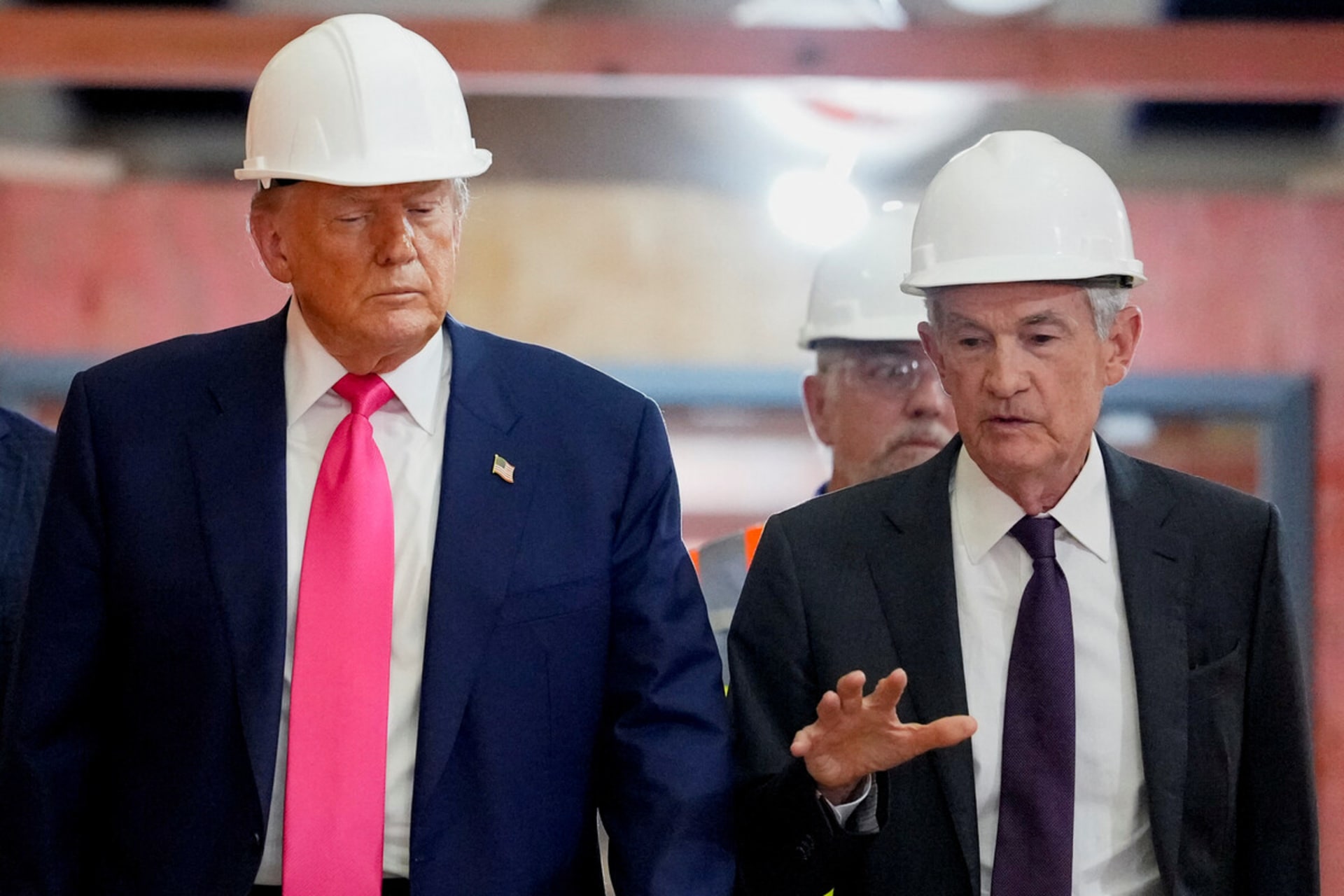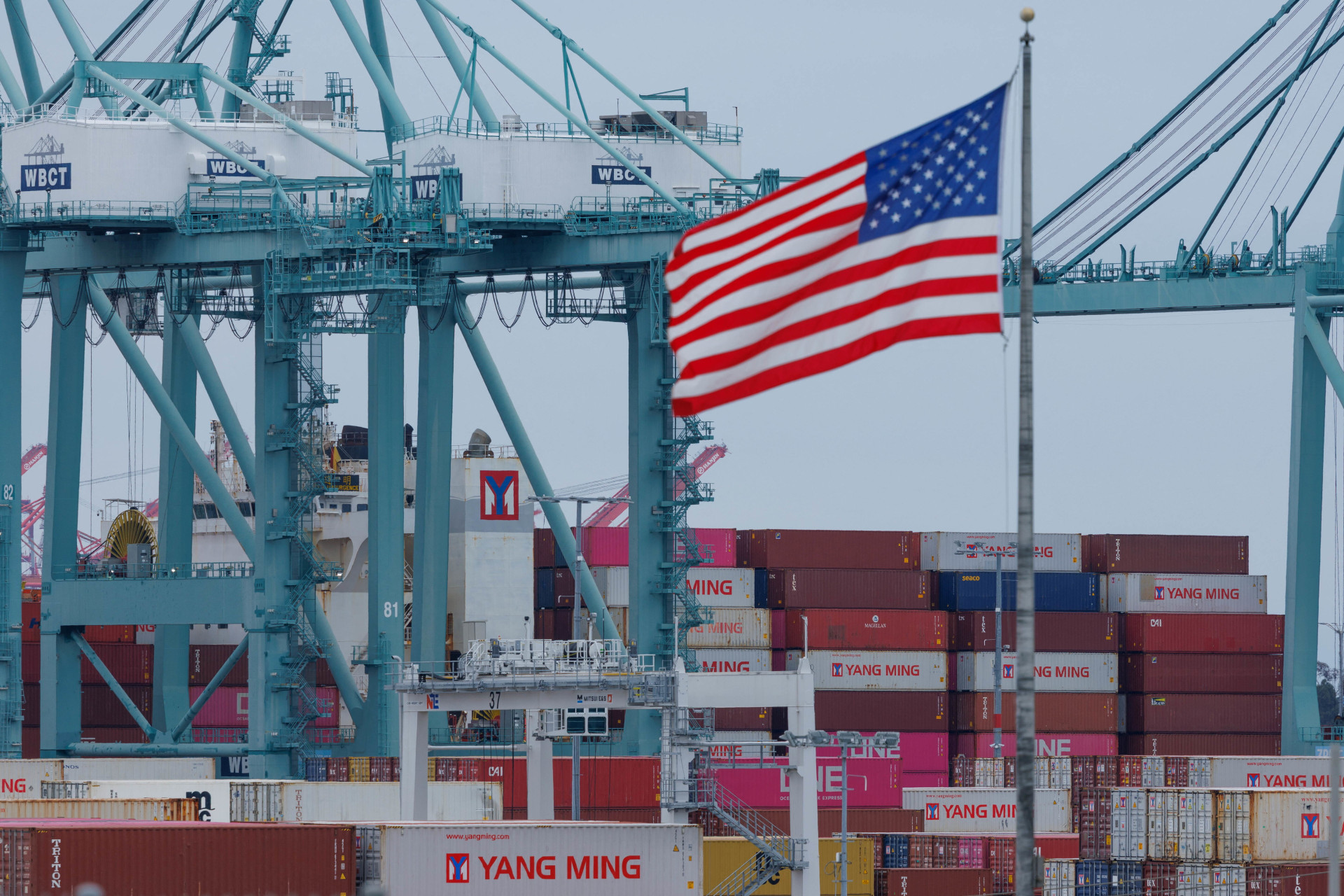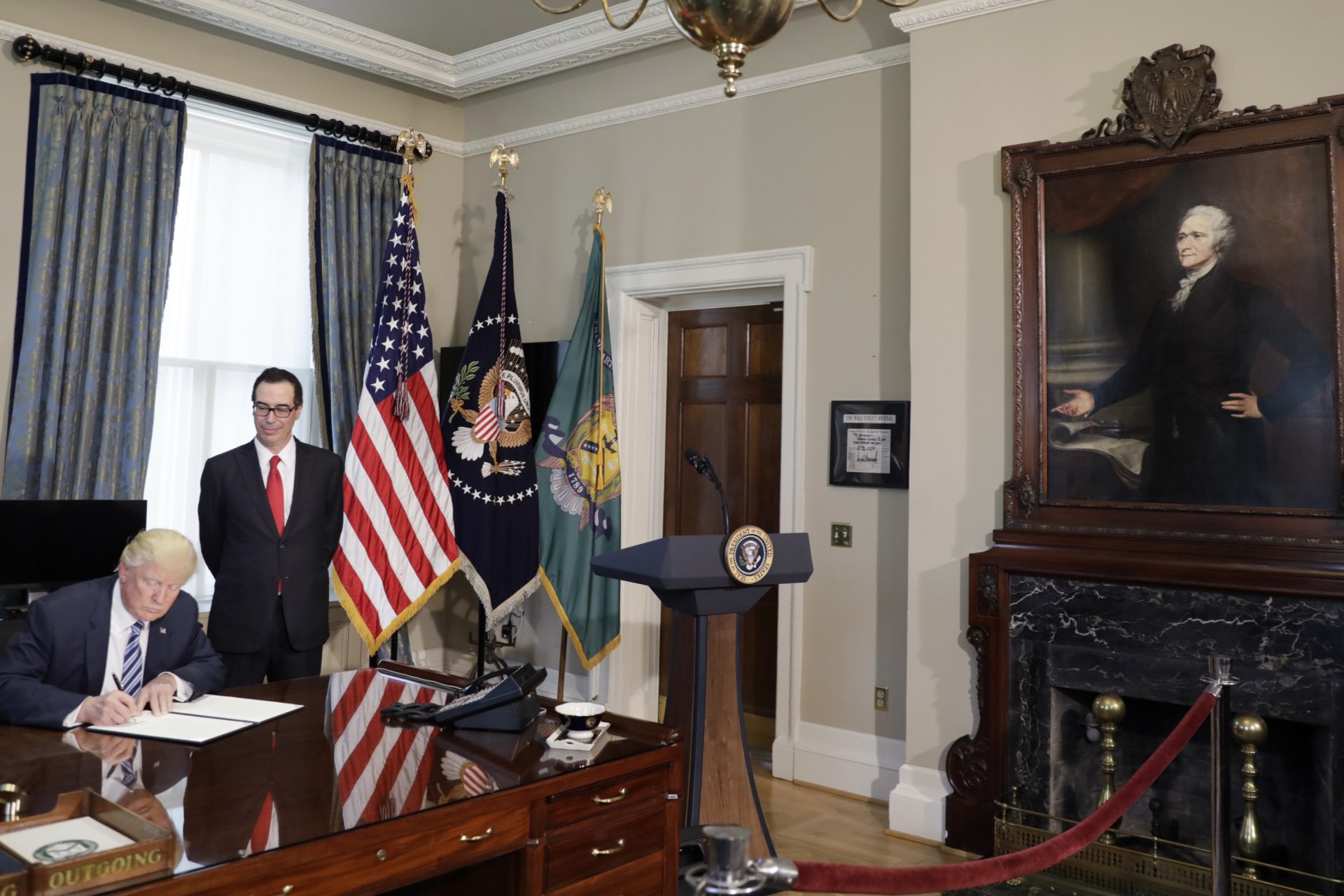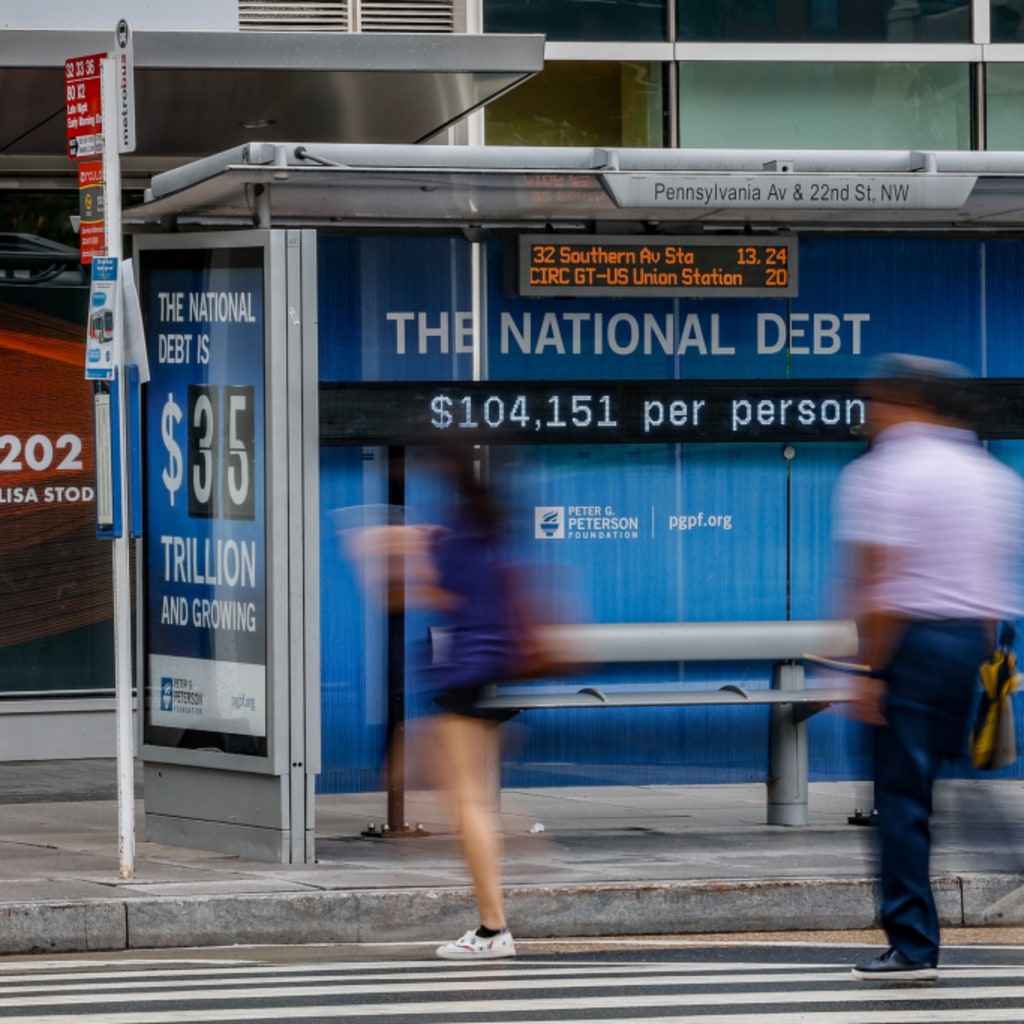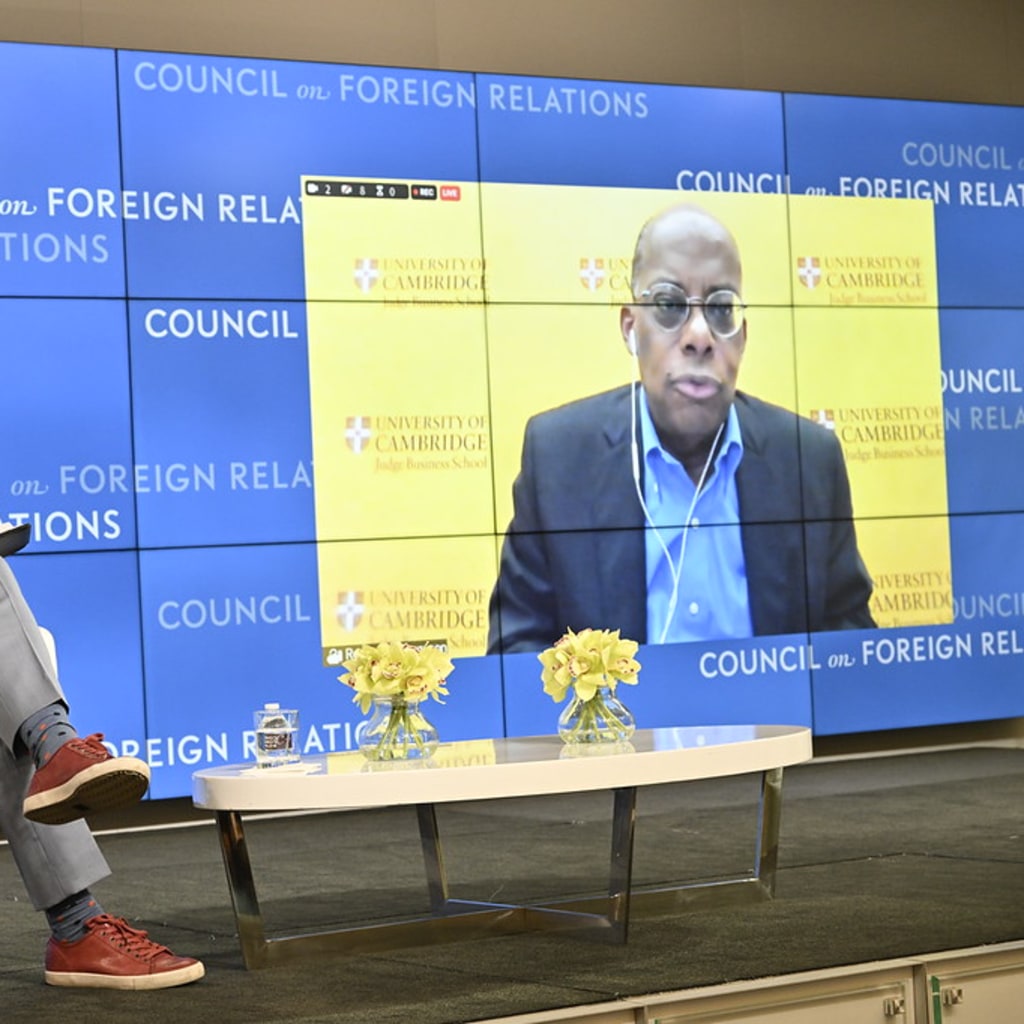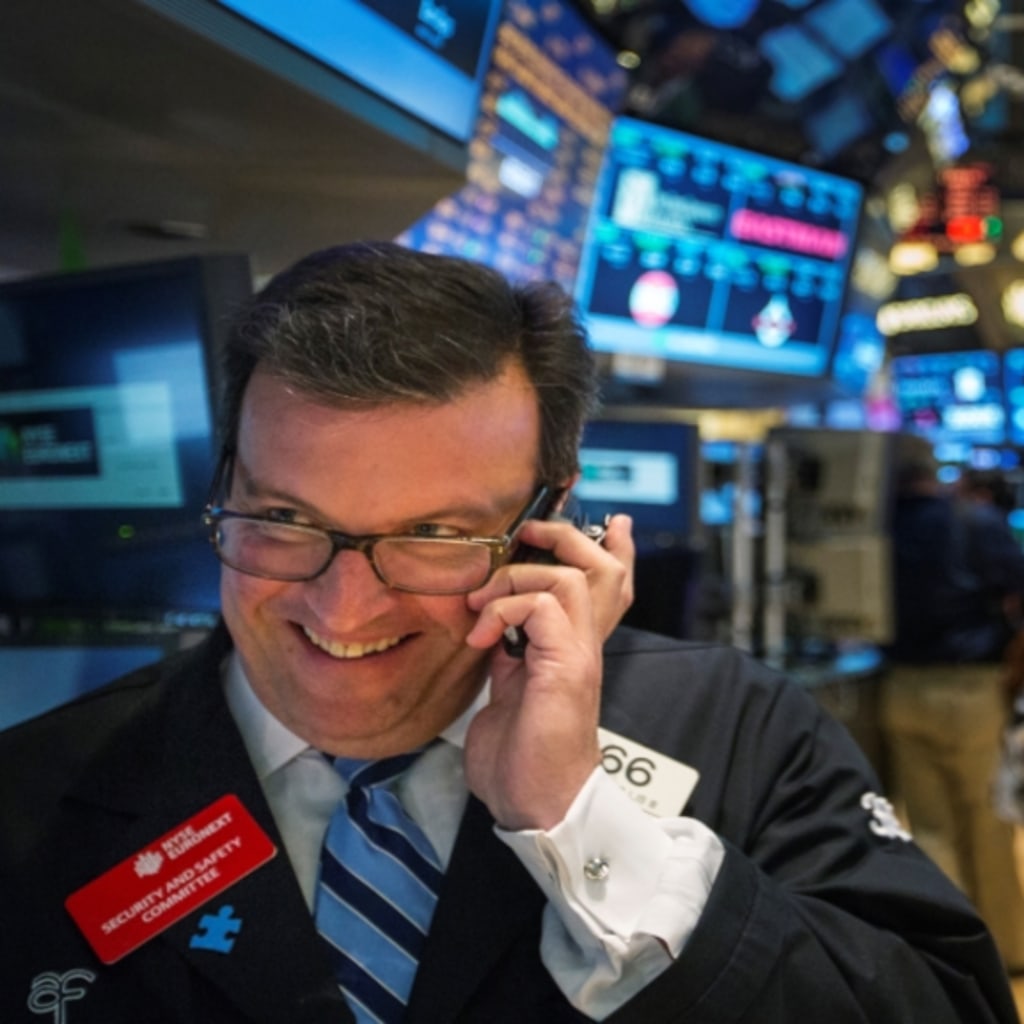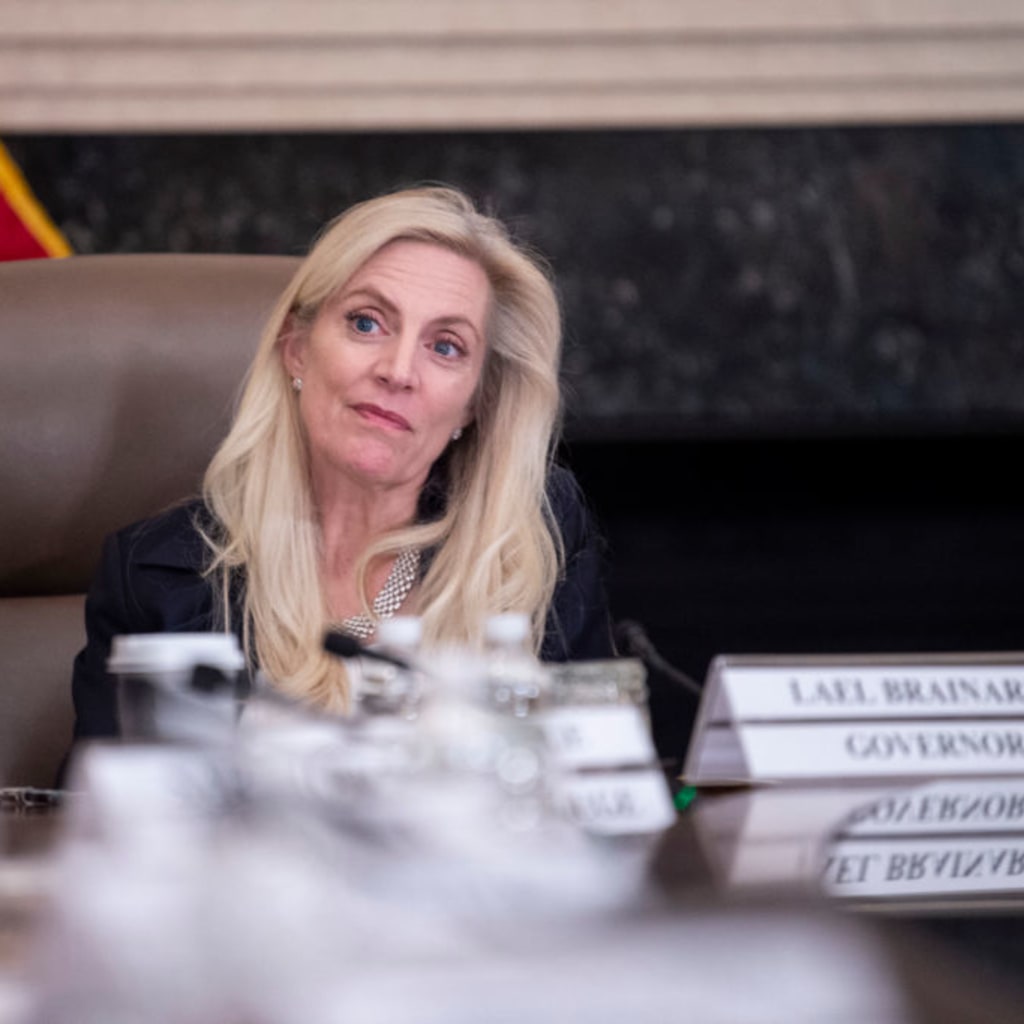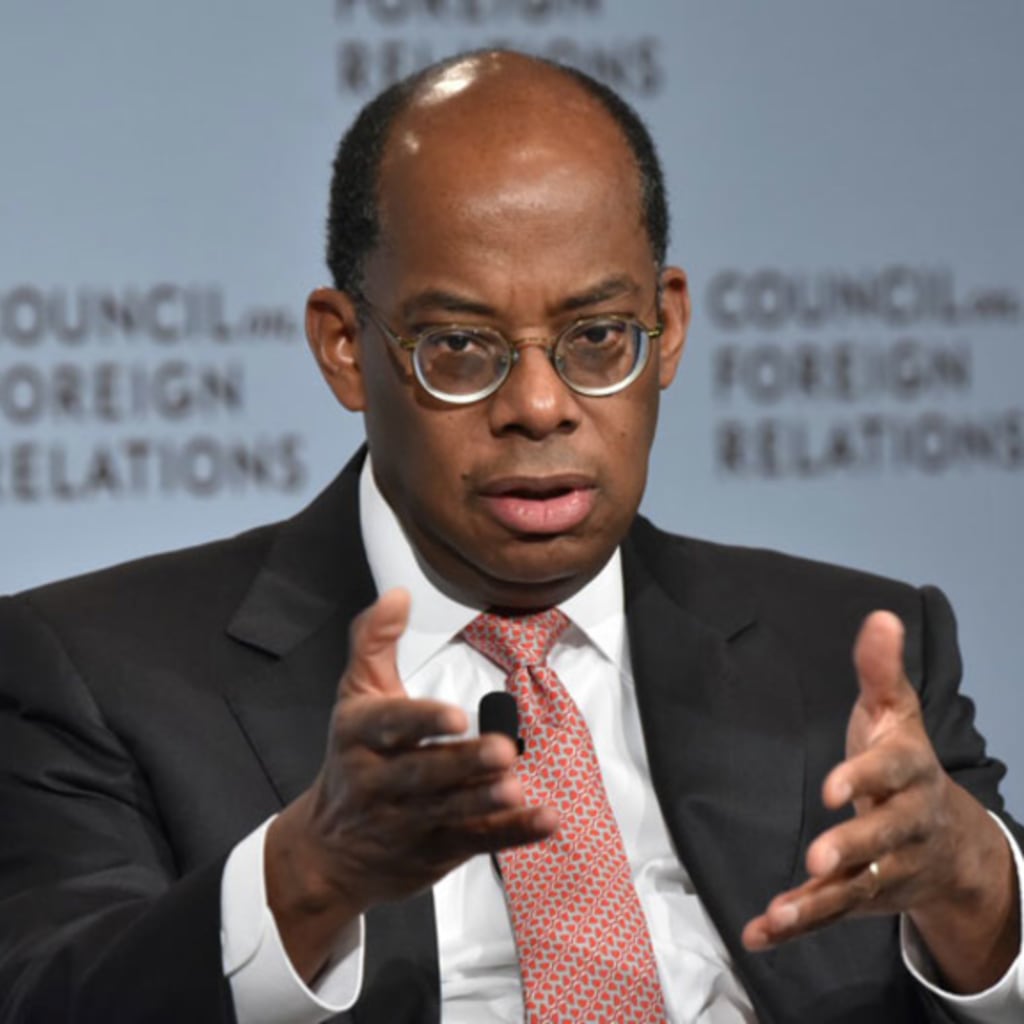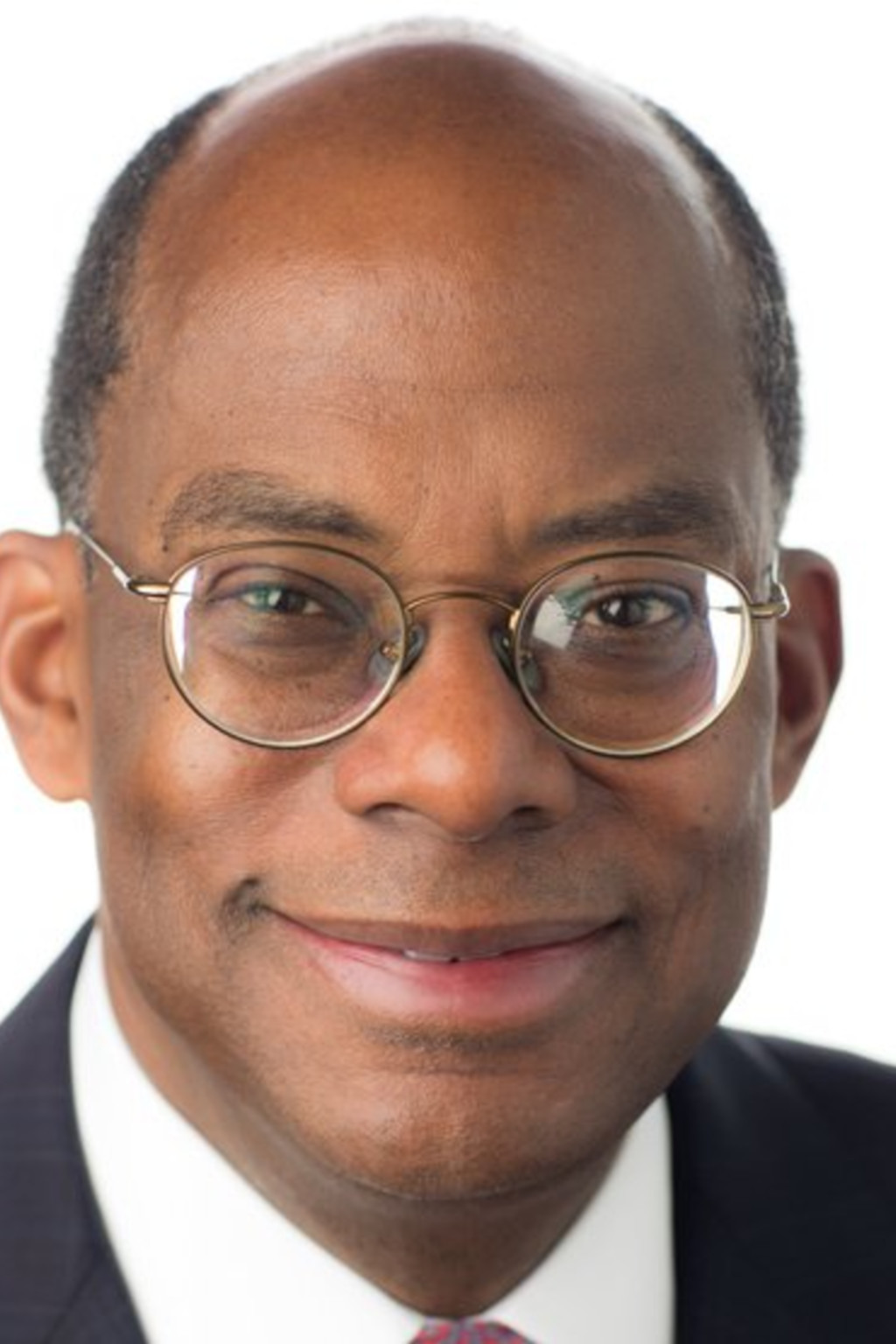
Dr. Roger W. Ferguson, Jr., is the Steven A Tananbaum Distinguished Fellow for International Economics at the Council on Foreign Relations. He is the immediate past President and Chief Executive Officer of TIAA, the leading provider of retirement services in the academic, research, medical, and cultural fields and a Fortune 100 financial services organization.
Ferguson is the former Vice Chairman of the Board of Governors of the U.S. Federal Reserve System. He represented the Federal Reserve on several international policy groups and served on key Federal Reserve System committees, including Payment System Oversight, Reserve Bank Operations, and Supervision and Regulation. As the only Governor in Washington, DC, on 9/11, he led the Fed’s initial response to the terrorist attacks, taking actions that kept the U.S. financial system functioning while reassuring the global financial community that the U.S. economy would not be paralyzed.
Prior to joining TIAA in April 2008, Ferguson was head of financial services for Swiss Re, Chairman of Swiss Re America Holding Corporation, and a member of the company’s executive committee. From 1984 to 1997, he was an associate and partner at McKinsey & Company. He began his career as an attorney at the New York office of Davis Polk & Wardwell.
Ferguson serves on the boards of Alphabet, Inc. and Corning, Inc. He is also active as an advisor and board member for various private fintech companies.
Ferguson is a member of the Smithsonian Institution’s Board of Regents and the Norton Museum of Art. He is a fellow of the American Academy of Arts & Sciences and co-chairs its Commission on the Future of Undergraduate Education. He serves on the board of the Memorial Sloan Kettering Cancer Center as well as other non-profit organizations, and is a trustee emeritus of the Institute for Advanced Study. He is a fellow of the American Philosophical Society and a member of the Economic Club of New York, the Council on Foreign Relations, the Group of Thirty, and the National Association for Business Economics.
Ferguson served on President Obama’s Council on Jobs and Competitiveness, as well as its predecessor, the Economic Recovery Advisory Board, and he co-chaired the National Academy of Sciences’ Committee on the Long-Run Macro-Economic Effects of the Aging U.S. Population.
Ferguson holds a BA, JD, and a PhD in economics, all from Harvard University.
Affiliations
- Alphabet Inc., board of directors and audit committee
- American Academy of Arts and Sciences, co-chair of the commission on the future of undergraduate education
- American Philosophical Society, fellow
- Andalusian Private Capital, executive chairman, member of the investment committee
- Aspen Institute, trustee
- Cambridge Judge Business School, board member
- Cambridge University, visiting professor of international finance
- CNBC, contributor
- Corning Inc., Board of Directors, compensation committee and nominating and corporate governance committee
- Economic Club of New York, member
- Group of Thirty, member
- Institute for Advanced Study, trustee – emeritus
- Klarna Holding PLC, board member
- Leapfrog Capital, member of global leadership council
- Memorial Sloan Kettering Cancer Center, board of overseers member
- Norton Museum of Art, trustee
- Notarize/Proof, board member
- Peterson Institute of International Economics, trustee
- Plaid, Inc., board member
- Red Cell Partners, partner, CIO and board member
- Regents of the Smithsonian Institute, board member
